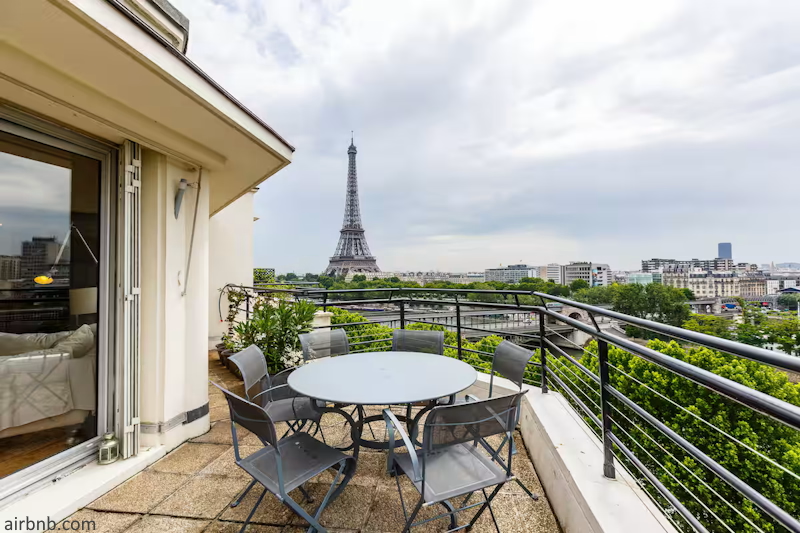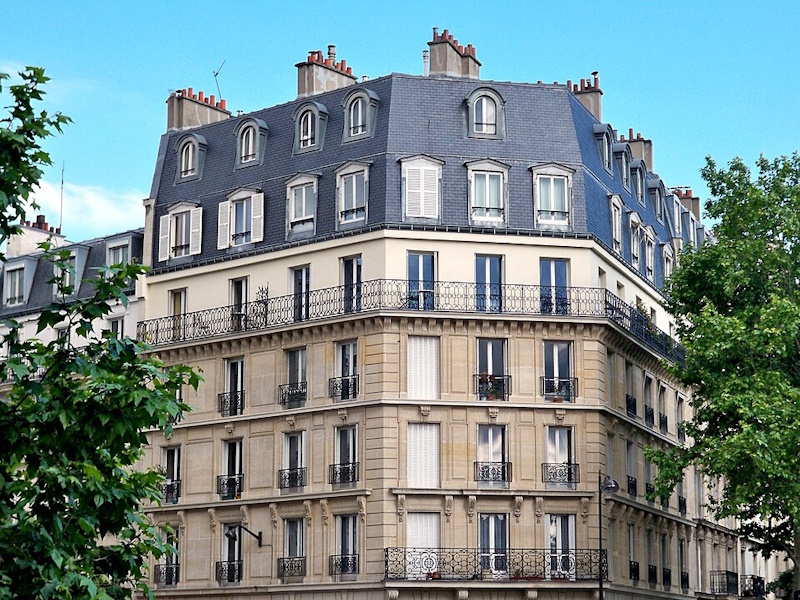Airbnbs in Paris: Pros and Cons
Airbnb promises a better way to travel. More space, more freedom, and often better prices than hotels , especially in cities like Paris.
But behind that convenience is a growing debate. Locals are getting squeezed. Entire neighborhoods are shifting. And travelers are starting to question whether saving a few bucks is really worth it.
Here’s what real people — tourists and Parisians — are saying about Airbnb in Paris. No fluff. Just the reasons they’ve actually chosen to book… or to avoid it altogether.
✅ Why Some Travelers Still Go with Airbnb

1. Hotels are expensive, especially for families or groups
Hotel prices in Paris can be brutal — and the rooms are often tiny. For families or anyone traveling with others, Airbnb usually offers more space for much less money. It’s often the only way to stay together without blowing the budget.
2. Group logistics are simpler
Trying to find adjoining hotel rooms or cram into a suite doesn’t always work. Booking a single apartment often makes the trip run smoother.
3. Airbnb feels more transparent than unknown local options
Some travelers feel more confident booking through a platform they know. Small hotels or serviced apartments might not show up in searches, or come with vague listings and no international support.
4. Kitchens make a difference
For travelers with allergies or dietary needs, being able to cook isn’t optional. Even without medical reasons, having a kitchen can take the pressure off eating out every meal.
5. Some people prefer a low-key, independent stay
Not everyone wants reception desks or room service. For long stays or minimalist travelers, Airbnb can feel more relaxed and flexible.
6. A few try to rent more responsibly
Some travelers avoid listings run by companies or multi-host landlords. They look for spare rooms or single properties owned by locals. It’s not perfect, but it’s a conscious choice.
❌ Why Many Locals (and Some Travelers) Are Against It

7. It’s draining the rental market
Apartments that used to house students, workers, or families are now short-term listings. Even tiny studios are being flipped for tourist income. Locals feel the squeeze.
8. Whole buildings are turning into tourist housing
In some areas, long-term tenants are a minority. Residents are seeing their neighborhoods turn into transient zones — more suitcase wheels than neighbors.
9. Hosts work around the rules
Paris has a 120-day annual limit for Airbnb rentals, but many listings skirt the rules by relisting or operating unofficially. Enforcement is weak.
10. Locals are being priced out
It’s not just about legality — it’s about who can afford to live in the city. Longtime renters are being pushed out as landlords chase short-term profits.
11. Hotels and serviced apartments are being squeezed too
Some argue the demand would just shift to hotels anyway. But hotels belong in commercial areas. Homes don’t. That distinction matters when residential buildings become mini-hotels.
12. Expectations often don’t match reality
Some travelers show up to find cramped spaces, no storage, poor maintenance, or awkward layouts. Photos don’t always tell the whole story – and when things go wrong, there’s no front desk to fix it.
13. Locals are asking tourists to think before they book
The issue isn’t whether Airbnb is legal — it’s whether it’s sustainable. In a city where housing is tight, every listing has a ripple effect.
Final Thought
Airbnb still works for some travelers, especially those with families or specific needs. But in Paris, it’s not just a travel hack anymore. It’s a decision with consequences.
You don’t need to feel guilty for booking one. But you should know what it means, and who might be affected.
